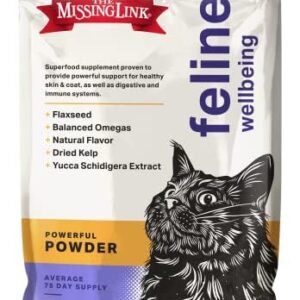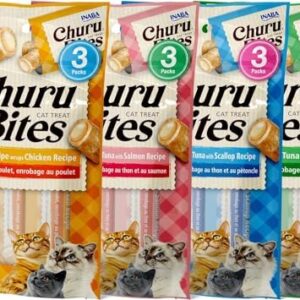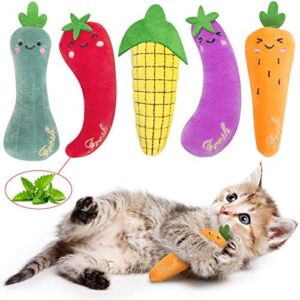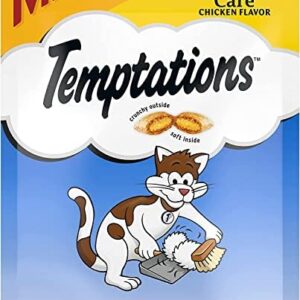
Our furry feline friends bring so much joy and companionship into our lives, so it’s only natural that we want to make sure they are happy and healthy. One of the most important ways we can do that is by providing them with a balanced diet.
Just like us, cats need a variety of nutrients to thrive and be at their best. A diet that is lacking in certain essential nutrients can lead to a host of health problems, including obesity, nutrient deficiencies, and even chronic diseases.
So what exactly does a balanced diet for a cat consist of? Well, it should include a mix of proteins, fats, carbohydrates, vitamins, and minerals. Proteins are particularly important for cats, as they are obligate carnivores, meaning that their bodies require a diet high in animal protein to thrive. This is because cats have a limited ability to synthesize certain essential amino acids, which are the building blocks of protein.
When it comes to proteins, quality is key. Cats need high-quality, animal-based proteins like chicken, fish, and beef to meet their nutritional needs. Plant-based proteins, like those found in grains and vegetables, are not as easily digestible for cats and may not provide all the essential amino acids they require.
Fats are also an essential part of a cat’s diet. They provide energy, help with the absorption of certain vitamins, and contribute to healthy skin and coat. Cats need a diet that includes healthy fats, like those found in fish oil and poultry fat, to stay healthy and happy.
Carbohydrates are another important component of a cat’s diet, but they should be kept in moderation. Cats don’t require as many carbohydrates as humans do, so it’s important to choose sources that are easy for them to digest, like whole grains and vegetables.
Vitamins and minerals are also crucial for a cat’s overall health. These micronutrients play essential roles in everything from bone health to immune function. A well-balanced diet should include a mix of vitamins and minerals to ensure that your cat is getting everything they need to thrive.
In addition to providing a balanced diet, it’s also important to make sure that your cat has access to fresh, clean water at all times. Cats can be notoriously picky when it comes to drinking water, so it’s important to make sure they have access to multiple water sources throughout your home.
When it comes to feeding your cat, it’s important to pay attention to their individual needs. Factors like age, weight, and activity level can all impact the amount and type of food your cat needs. It’s always a good idea to consult with your veterinarian to determine the best diet plan for your furry friend.
It’s also important to remember that treats should be given in moderation. While it’s tempting to spoil our cats with tasty snacks, too many treats can throw off the balance of their diet and lead to health problems. Stick to high-quality treats that are designed for cats and limit them to no more than 10% of your cat’s daily caloric intake.
In conclusion, providing your beloved cat with a balanced diet is essential for their overall health and well-being. By making sure they have access to high-quality proteins, fats, carbohydrates, vitamins, and minerals, you can help them live a long and happy life. Don’t forget to consult with your veterinarian to determine the best diet plan for your cat and to provide them with plenty of fresh water. With a little bit of care and attention, you can help your cat stay healthy, happy, and thriving for years to come.






